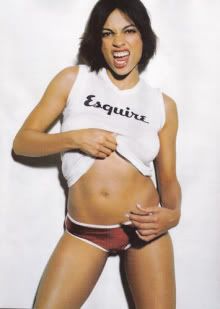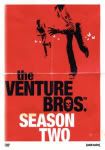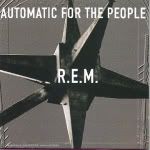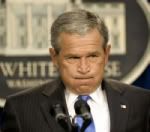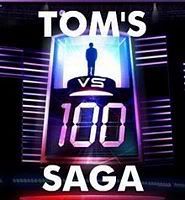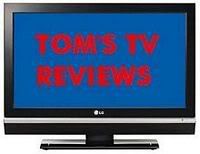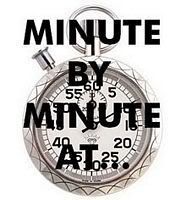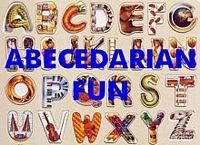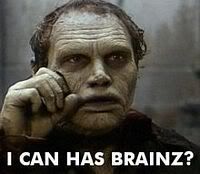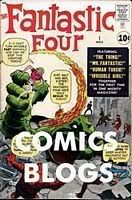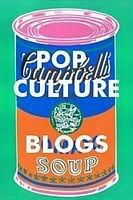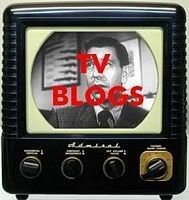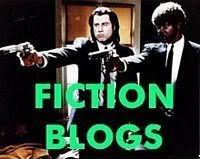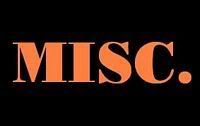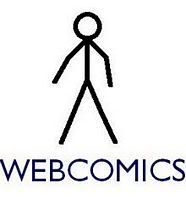MOVIES: The Aristocrats
This weekend, Ian Brill and I went down to L.A. to see The Aristocrats, a documentary directed by comedian Paul Provenza, about the dirtiest joke ever told.
It's simultaneously the funniest joke ever, and the lamest joke ever. Here's the joke:
A man walks into a talent agent's office, and says, "Have I got an act for you!"It's a lame punchline -- the act does filthy, classless things, but pretentiously refers to itself with a highbrow, sophisticated title. Har-de-har. The comedy comes in the middle. That's where each comedian is free to improvise the vilest, most disgusting, most violently, nauseatingly profane things he or she can conjure up in their sick, twisted little mind. What does the act do? The more awful, the better -- and funnier. Think of the worst possible (or even impossible) things one person can do to another -- at least one of the comedians makes it happen in this joke, from the sexual to the scatological, from bestiality to incest to cannibalism to above and beyond.
[Dirty stuff]
"What is the act called?" asks the talent agent.
"The Aristocrats!"
The entire documentary is about this joke. It's told many times, by many, many comedians -- it's probably only told in its entirety once, though, because once is all you need to get the concept; the rest is just comedian after comedian trying to top everyone else with their own version of the act. Most of the comedians reflect on the joke as well as telling it -- where did it originate? Why do comedians never tell it onstage? Why is it funny? Is it funny? Is it only funny to Americans? (Both Eric Idle and Eddie Izzard, for example, seem not to get the joke, or that the comedy is in the telling, not the text, and try to think up ways in which to make it better, but which actually ruin it.) And what does each version of the joke told say about the teller? (Nothing healthy, in most cases.)
There are a few real standout performers. George Carlin's version isn't especially spectacular, but his analysis of the joke, and of comedy, is the most insightful. Judy Gold turns the joke on herself -- she was hugely pregnant at the time of filming, and she incorporates her unborn child into the joke. Wendy Liebman turns the joke on its head: the act is the most dignified, uplifting, family-friendly performance ever. "What's it called?" "The Cocksucking Motherfuckers." Kevin Pollak does the joke as Christopher Walken. And Bob Saget -- oh, man. Bob Saget. Even the other comedians in the movie talk about Saget's version. And he does not disappoint. It is hysterical, and unspeakably obscene. He keeps stopping in the middle of it, wondering why on earth he is torpedoing himself by telling this joke on camera -- but then he keeps going, and it gets wilder and crazier and filthier and funnier.
And there's seemingly no end to the ways in which the joke can be told. Penn and Teller do it as a magic trick. Eric Mead does it as a dazzling card trick. It's performed as a juggling routine, a ventriloquist act, it's done in mime, in one of the very funniest performances in the film. The South Park guys do it in animated form, in which Cartman tells the joke to Stan, Kyle, and Kenny; in a Q&A following the film, director Provenza told us that Trey Parker said that if they'd had more time, they would've had the South Park kids act out the joke for a talent agent, which would probably have been the most obscene thing in the history of the world.
Then we get to Gilbert Gottfried's performance, which is already legendary in the world of comedy. It was at the Hugh Hefner Roast, which occurred only three weeks after 9/11. Gilbert quickly turned the crowd against him with some 9/11 humor -- resulting in boos and cries of "Too soon!" -- and he decides, the hell with it, if he's going to be offensive, he's going to tell the most offensive joke ever. So he launches into "The Aristocrats," and he slays. He just destroys them. He brings down the house. It's spectacular, watching him turn the audience from hatred to uncontrollable, unanimous laughter (well, almost unanimous; Hef didn't seem very amused). It illustrates the power of comedy in a way that's rarely been seen before.
The downside of the film is that it's not well shot; it was assembled bit by bit over the past five years in a catch-as-catch-can fashion, and shot with handheld home video cameras, which are frequently operated in amateurish fashion -- shaky, poorly framed, poorly lit. Provenza told us in the Q&A that this was partly out of necessity -- he had to grab performers when he could, and film on the fly; Saget, for example, is backstage at his own show, and he has to quit the joke before he's finished because he's called onstage to do his act -- and partly intentional -- if he had paused for proper lighting, or makeup, or whatever, the comedians might've lost the loose, raw, uninhibited quality from their performances, or might've had second thoughts and declined to be in the film at all (in fact, at least one person, Provenza told us, asked to be removed after being filmed).
But it's a vital, tremendously entertaining, totally unique take on the world of comedy. It's great fun for anyone who can laugh at a dirty joke, and it's absolutely essential for anyone at all interested in the mechanics of comedy. As far as I know, it's only in L.A. and New York right now, so catch it there if you live within reach, or look for it when (and if) it goes into wide release -- it will be released as unrated, which will definitely limit how and where it can be shown.

